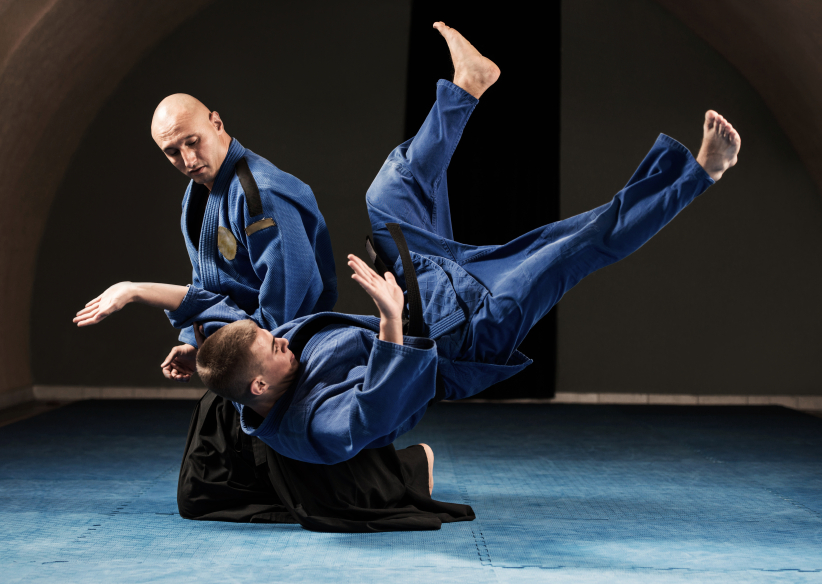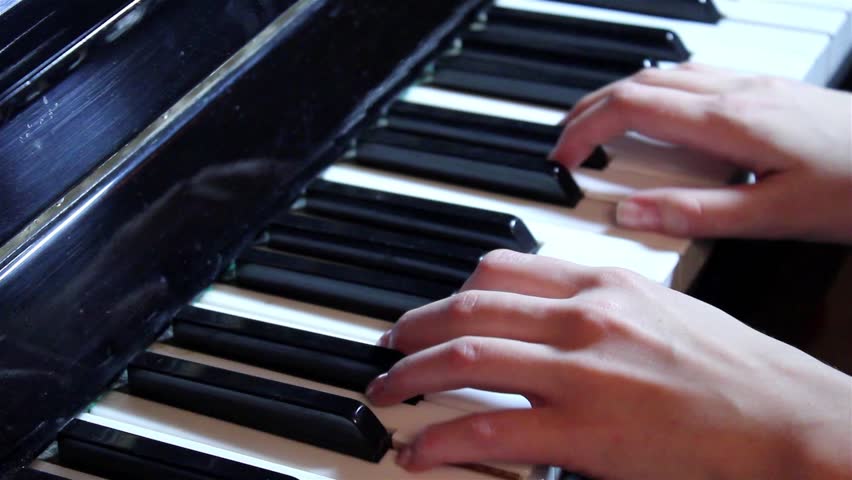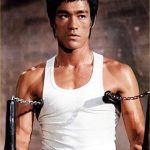We are all born with special gifts and abilities. Some things just come more easily to you than your peers. You settle into a comfort zone of confidence about your innate skills, and you may even take them for granted, but your special abilities could be holding you back.
When a thing comes easily to you, it’s easy to just be aware that this is so and leave it at that.
If you are working with me or one of my contemporaries, there’s a good chance that you might be encouraged to focus on developing your innate skills even more.
Your first response might be, “But I’m already good at that.” And you might interject your desire to focus on developing other skills and abilities to augment your existing innate skills to maximize your efficacy, “I’d rather work on things that I’m not that good at.”
You have a point, and we will focus on some of those other areas, but not honing your special abilities prevents you from moving past the phases of competency and into mastery. Then, and only then, do your innate skills become superpowers.
This can make all the difference in your pursuit of achieving your highest and best and attaining your full potential in this life.
In the classes of ultimate high performance, those individuals who stand out far above the crowd in their ability to achieve unparalleled levels of achievement, they are said to be driven to excellence.
What does it mean to be driven to excellence?
Those who are driven to excellence are different from the rest of us because they approach life and honing their skills to a higher degree than the rest of us.
Top 4 Keys to Excellence
-
Determination
-
Persistence
-
Passion
-
Reverence
When applied to one’s innate skills and abilities, these four attributes separate the superstars in any given field from the rest of us.
To move to the level of mastery, you must not only be driven to excellence but also we willing to
Learn More
The best masters are also the best students of their craft. They are not content to be competent. They continually study their craft and desire to know more, never falling into the trap that they already know everything there is to know about a given thing.
Masters are also continually practicing their craft to keep that edge, never falling into complacency.
Masters are students, always open to learning more about their craft.
They do often find themselves teaching their craft to others, and report learning things that had gone unnoticed in their own training from experiencing the growth and advancement of their own students. Masters learn from students and others.
Unrelenting desire to achieve
Some masters are born to be masters, others have developed the skills to achieve mastery by the sweat of their brow, but in either case, there is an underlying compulsion to excel that supersedes the desire of their peers.
These are the masters of our day.
Will you be one of them?




